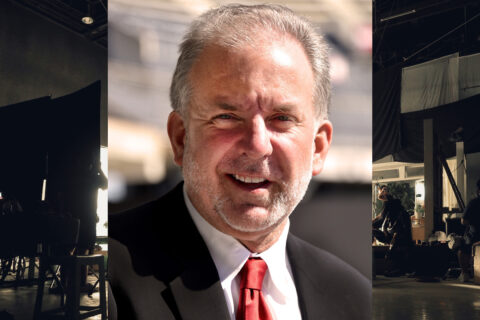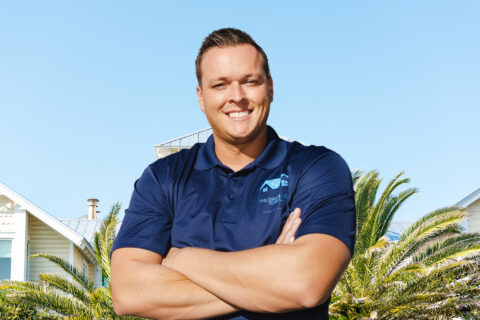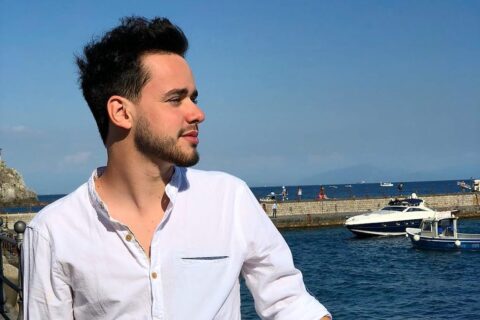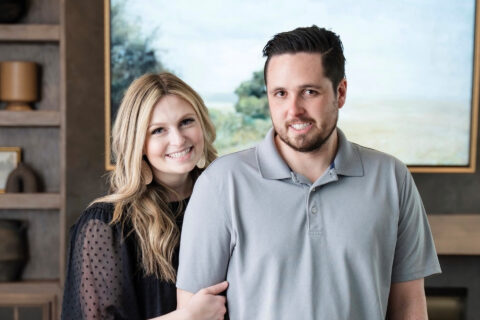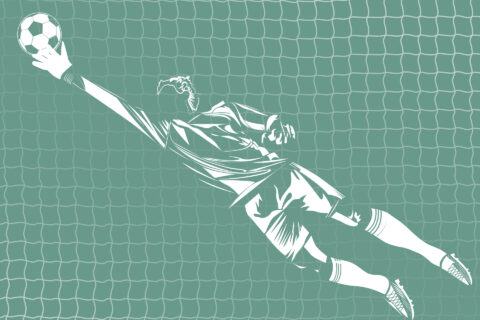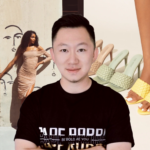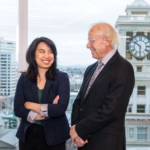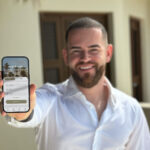Best Success Story
The scale aspect. We’ve got 4.1 million academics using the site. That really is the hardest problem to solve – how to scale – with any kind of social network. It’s something we think about most [often].
When you join a site, one of the biggest moments of joy that you experience is seeing all of your friends on the site and people whose opinions you trust. That’s the aha moment you get in the first few minutes of using the site. The bigger the network, the more powerful those moments of joy are.
So, scaling has been our biggest success so far, and also funny enough — the biggest challenge. It’s the biggest thing we’ve had to overcome – going from zero to 4.1 million academics.
Biggest Startup Challenge
So, I would say the three challenges of a startup are finding the product and product vision, secondly raising the capital to execute, and thirdly finding a stellar team.
Fundamentally when you’re trying to build a new product that is changing the behavior of a community it is very challenging. In our case, we are trying to change the behavior of how a scientist works – how a scientist shares their research.
There’s a legacy way they have done it for hundreds of years and you’re trying to define a new model. The hardest thing of all is finding that product-market fit, where you find something that really grows like wildfire and is also the way that they want to do it.
The creative process of trying to find that product is definitely the hardest thing for any startup. The other hard things about startups are raising money and building a team around the product to go and fulfill [your] mission.
#1 Tip for Entrepreneurs
If you’re a first-time entrepreneur the most important thing is to just pick up the phone and start making a few phone calls. What you will find is that your idea just starts snowballing and acquires momentum for itself. That courage … puts you into execution mode.
The key thing is to start. You don’t want to delay and delay until you have this amazing idea. You want to start with experiments – something really small … throwaway ideas that you can try out for a month or two to get that experience starting something.
Then you start to learn about yourself, what you enjoy and what you don’t enjoy. I think a lot of people delay stuff because their waiting for that moment of inspiration. The key is to just start – pick up the phone and just do something.
With that being said, when you’re beyond the experimental stage and really want to commit to something, then the advice is different. Then you need to choose something that is really important, because that is what is going to sustain you through the highs and lows of the startup journey. The prospect of money or an IPO are rather illusory.
What will keep you going is a sense that what you are doing is an important piece of fabric, an important part of the infrastructure … and it’s going to make a positive difference to a lot of people.
For me, I’ve chosen something that is very important for humanity – basically making science faster and more open, accelerating cures for malaria, cancer, Alzheimer’s and Parkinson’s.
And ideally make scientific progress mirror the web. For instance, if you look at the Web, the Web progresses at such an incredible rate … and the rate of innovation is extraordinary. I think we need to get scientific progress to mirror that progress. Part of that is making the scientific innovation process more open, allowing people to come in from different angles, making the distribution of ideas faster, and incentivizing scientists to share more of what they are doing.
Ultimately, you must find something that you really believe is important and that will sustain you through, what is going to be, a multi-year journey.
Connect with Academia.edu on Twitter.
This interview has been edited and condensed. Interview conducted by writer, Katherine Burks.
© YFS Magazine. All Rights Reserved. Copying prohibited. All material is protected by U.S. and international copyright laws. Unauthorized reproduction or distribution of this material is prohibited. Sharing of this material under Attribution-NonCommercial-NoDerivatives 4.0 International terms, listed here, is permitted.
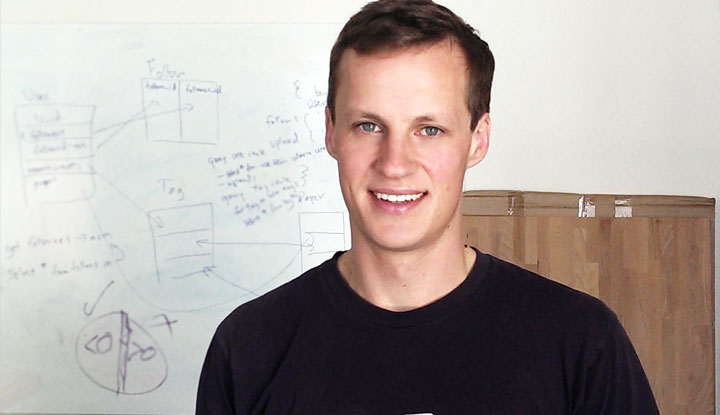
In this article
We eat, sleep and breathe entrepreneurship. We're behind YFS Magazine's fresh content -- one of the largest independent small business news sites. Young, Fabulous & Self-Employed has quickly become the definitive digital resource for startup, small business news and entrepreneurial culture. Join us on Twitter @yfsmagazine and Facebook.
Show More
